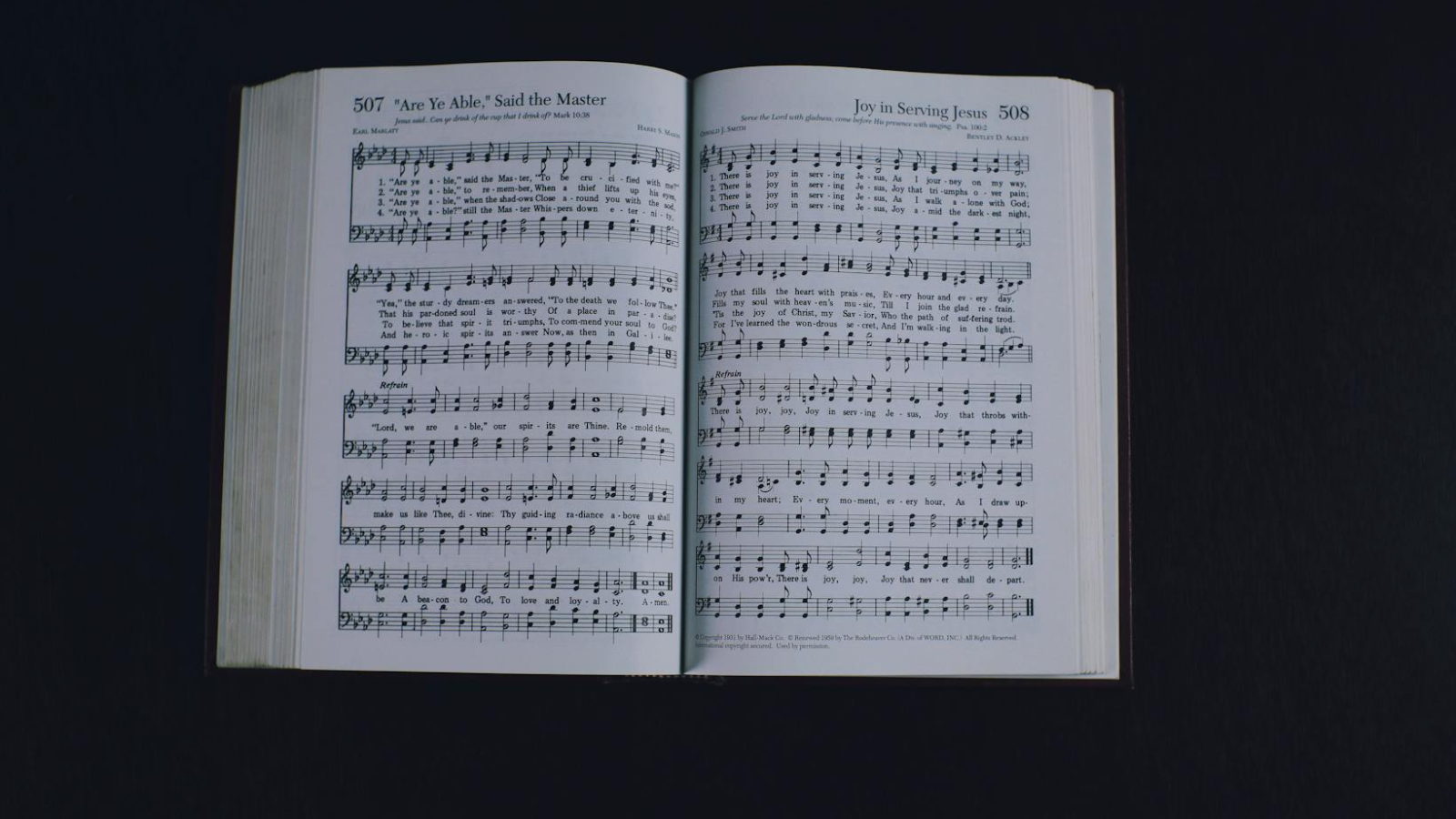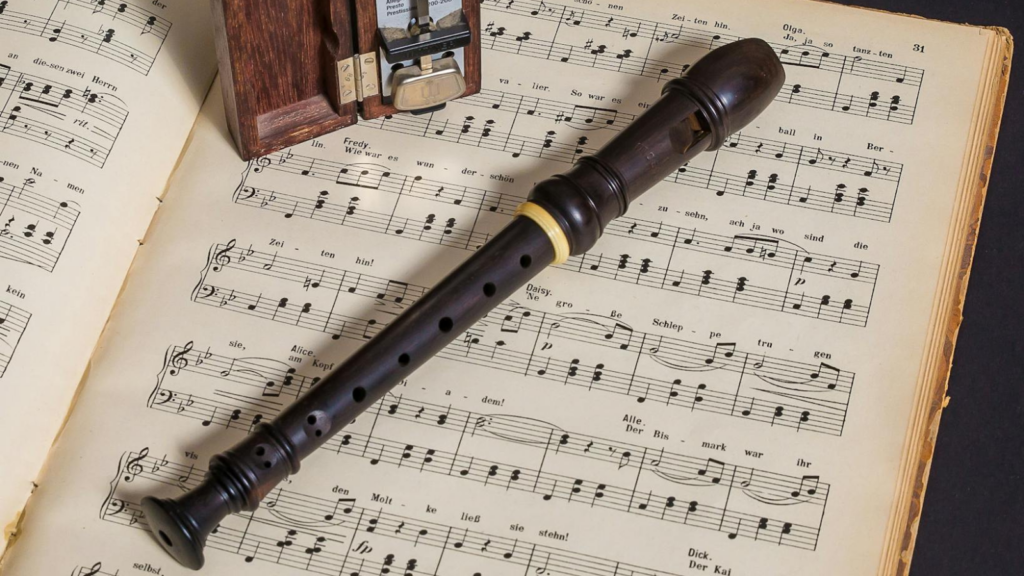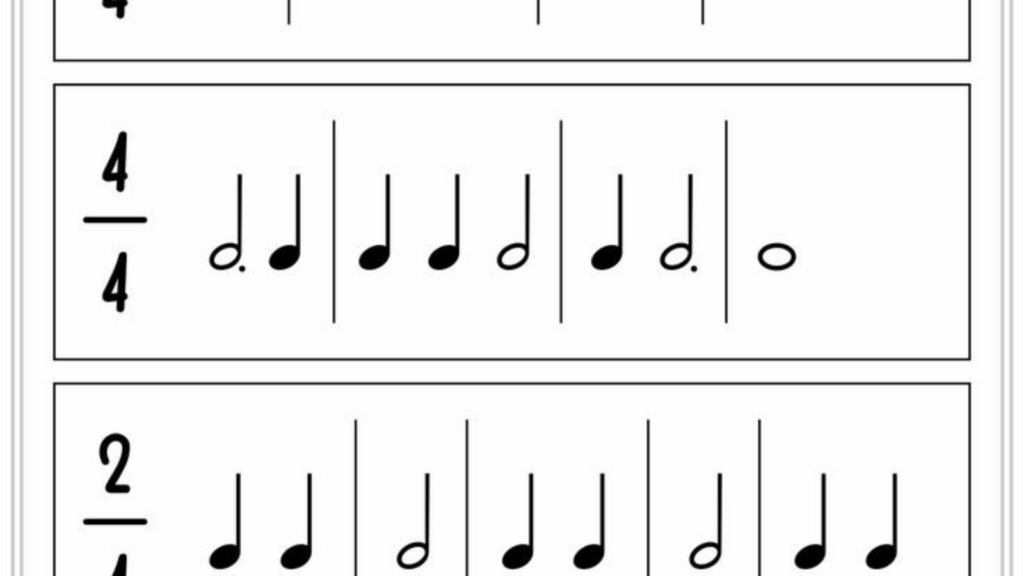Unlocking the complexities of music can feel like deciphering an ancient code. Yet, with the right resources, it’s not as daunting as it sounds. This article will explore some of the best music theory books that can help demystify the world of melodies, harmonies, and rhythms.
Whether you’re a budding musician or a seasoned pro looking to brush up on the basics, there’s a book out there for you. From beginner-friendly guides to advanced textbooks, these books offer a wealth of knowledge to anyone eager to delve deeper into the language of music.
Best Music Theory Book
Selecting the right music theory book entails understanding its layout, scope, targeted audience, and author’s credibility. A book’s organization, for instance, indicates its methodical approach to teaching music theory. It’s crucial to look for clear chapter objectives, progressive concept presentation, and interspersed summaries for more effective learning. Check whether the scope aligns with one’s learning goals: it could range from covering basics for beginners to exploring advanced topics for professional musicians. Recognize the targeted audience and ensure it corresponds to one’s level of expertise.
Top Picks for the Best Music Theory Book: An Analysis

- Tonal Harmony by Stefan Kostka and Dorothy Payne: Touted as a classic, Tonal Harmony incorporates an in-depth presentation of harmony, voice leading principles, and examples from various genres. It also offers end-of-chapter exercises for practice.
- The Study of Orchestration by Samuel Adler: Not solely a book, The Study of Orchestration combines written text and orchestral examples for a comprehensive study. Ideal for those seeking practical knowledge about orchestration.
- How to Read Music by Roger Evans: Catering to beginner musicians, Evans’ book emphasizes ease of understanding. It breaks down complex musical facets into easily digestible parts, making it straightforward for newbies.
- The Jazz Theory Book by Mark Levine: Levine’s book imparts an understanding of jazz theory with detailed explanations and examples. It’s recommended for those desiring expertise in jazz music.
- The Complete Idiot’s Guide to Music Composition: As the name suggests, this book targets beginners in music. It provides an extensive introduction to composing music, making it an ideal choice for novices.
These book suggestions cover most desired skillset, encourage understanding, and promote broadened scope of expertise in musical theory.
How to Use a Music Theory Book Effectively
Using a music theory book effectively involves careful reading, consistent practice, and application of learned theories. Initially, thorough reading benefits the learner, comprehension is crucial. Frequent revisions aid in reinforcing key concepts and improving understanding. Active participation, such as notating music or playing an instrument, helps integrate the theory with physical know-how. Finally, joining a group or hiring a private tutor maximizes the potential of self-study, providing better growth opportunities.
Tips to Supplement your Music Theory Learning
While a quality music theory book forms an excellent base, enhancing knowledge with additional practices boosts comprehension. Key tips include application exercises, learning from various sources, using digital tools, and embracing active listening and frequent practice.
Must Know

The right music theory book can be an invaluable resource for musicians, bridging the gap between theoretical knowledge and practical application. It’s not about finding the most popular title but discovering the one that resonates with your learning style and musical aspirations. Whether it’s “Tonal Harmony” for its comprehensive approach, “The Study of Orchestration” for its detailed insights, “How to Read Music” for beginners, “The Jazz Theory Book” for jazz enthusiasts, or “The Complete Idiot’s Guide to Music Composition” for a straightforward approach, there’s a book out there for every budding musician. Remember, it’s about consistent practice, application, and active participation. Supplement your learning with digital tools, various sources, and active listening. And don’t forget the potential benefits of group learning or private tutoring. With the right book and approach, mastering music theory is well within your reach.



